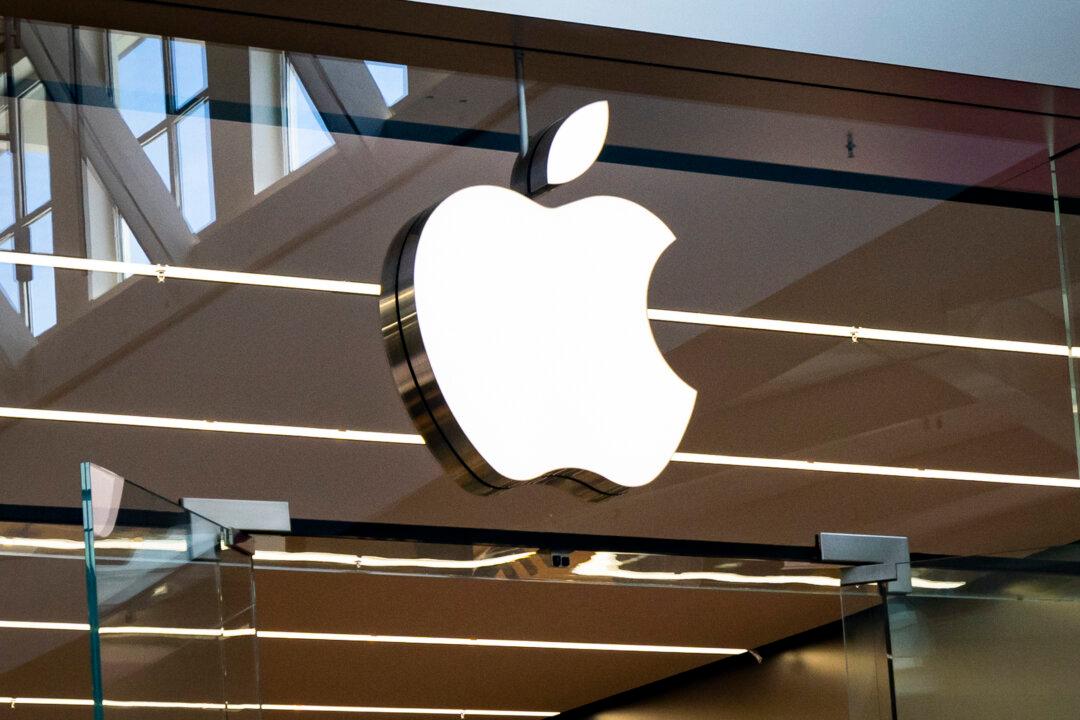The European Commission fined Apple and Meta 500 million euros ($570 million) and 200 million euros ($228 million), respectively, after ruling that both companies restricted customer choices, the executive body announced on April 22.
Both companies were found to have violated the European Union’s Digital Markets Act (DMA), which ensures that large “gatekeeper” platforms operate in a “fair way” and allow room for competitors.





